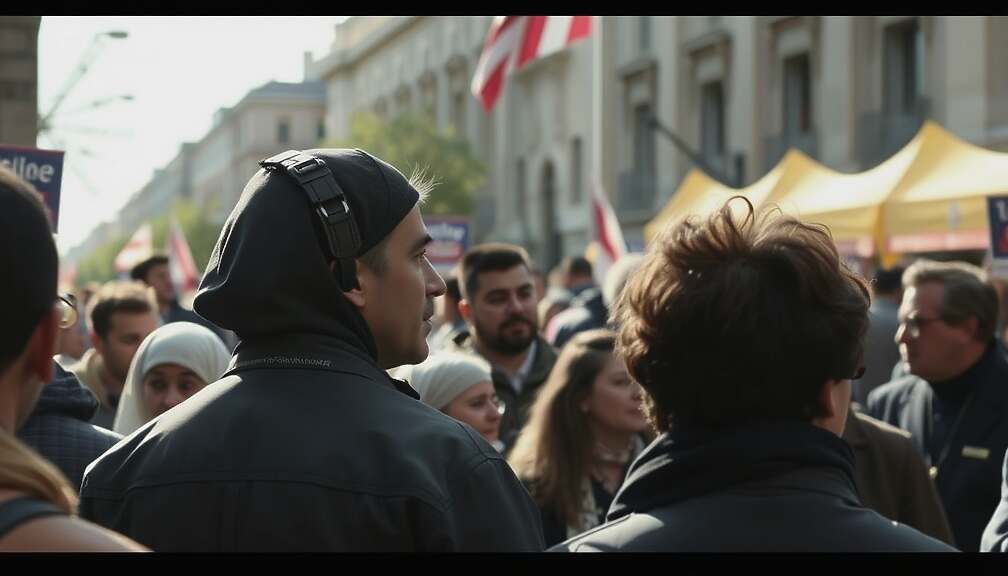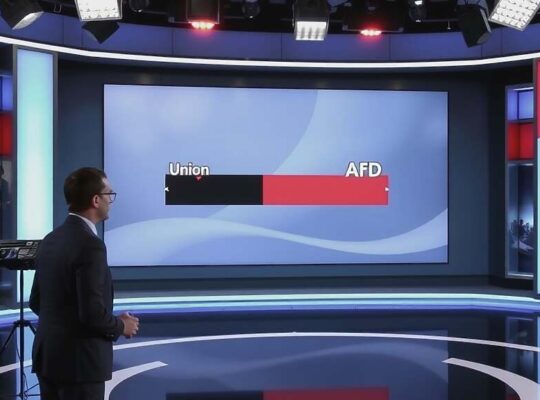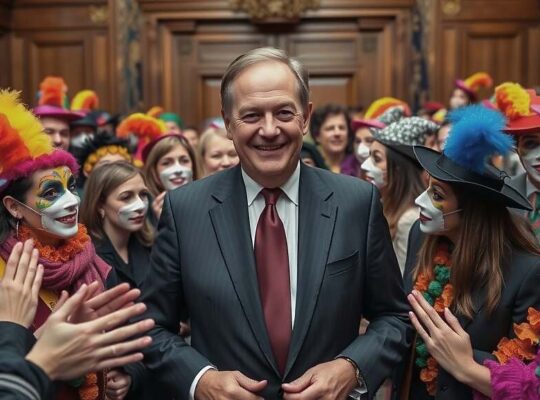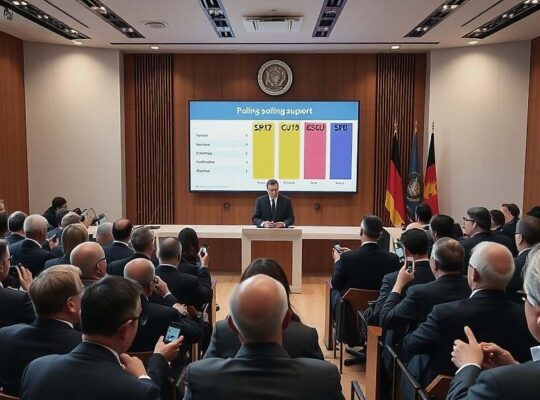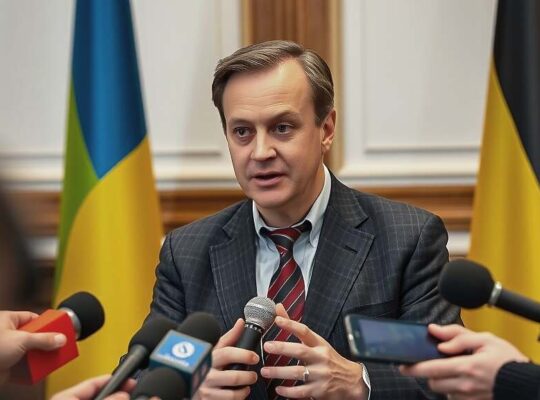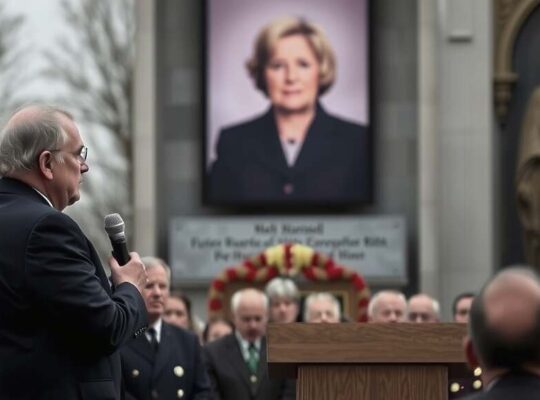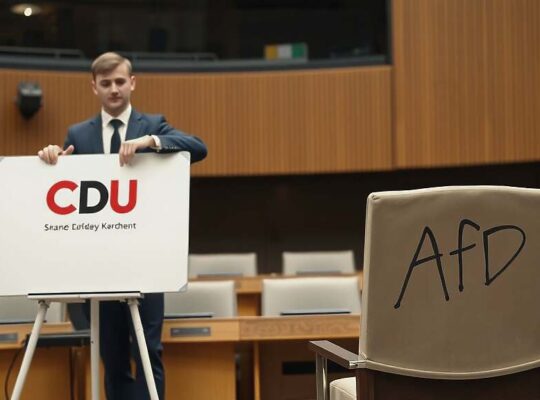The Alternative for Germany (AfD) continues its dominance in the German political landscape, holding steady as the leading party with 26% of voter preference, according to a recent Forsa poll conducted between October 19th and 25th, 2025. While the Christian Democratic Union (CDU), led by Friedrich Merz, managed a marginal improvement in the weekly survey for RTL and n-tv, climbing to 25%, the party remains demonstrably behind the AfD, highlighting a persistent challenge for the conservative bloc.
The Social Democratic Party (SPD) experienced a further decline, slipping to 13%, a worrying trend for the governing coalition. The newly formed BSW party also registered a slight loss, currently at 3%, while Die Linke saw a modest gain, reaching 12%. The Green Party and the Free Democratic Party (FDP) remain stagnant at 12% and 3% respectively, illustrating a broad sense of political inertia within the established parties.
The poll results underscore a deepening crisis of confidence in Chancellor Merz. A staggering 72% of German citizens expressed dissatisfaction with his performance – a nadir since he assumed office. Only a quarter of respondents indicated approval, with almost exclusive support emanating from CDU and CSU voters (72% approval within those groups). Critically, the poll reveals widespread rejection of Merz’s leadership among supporters of Die Linke (95% disapproval), the Green Party (85% disapproval) and even within the AfD’s base (97% disapproval), suggesting a profound disconnect from significant segments of the electorate.
Adding to the political headwinds, the poll paints a bleak economic outlook. Two-thirds (66%) of respondents anticipate a worsening economic situation – the most pessimistic reading since January 2024. Only 14% believe conditions will improve, reflecting a growing sense of economic anxiety and potentially impacting voter sentiment in the run-up to future elections. This pervasive gloom, coupled with the continuing erosion of public trust in Chancellor Merz, presents formidable obstacles for the current government and raises questions about the long-term stability of the political order.
Data was collected from 2,502 respondents.


